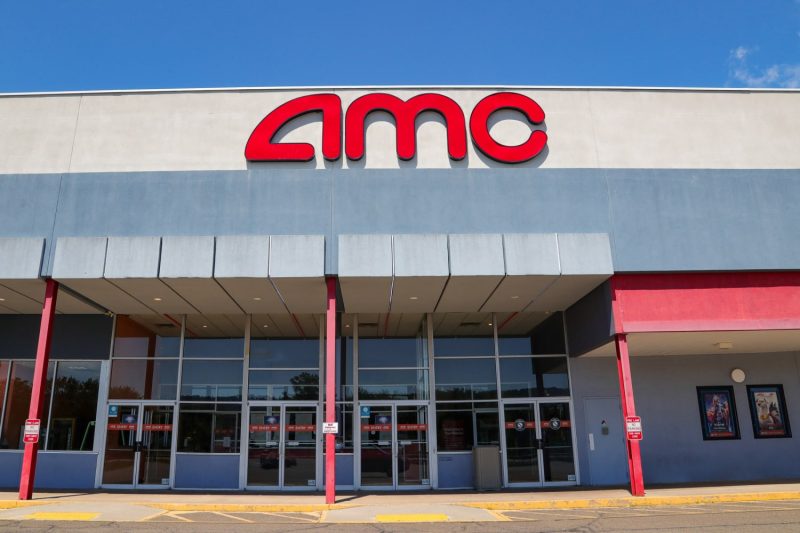In the ever-evolving landscape of the stock market, there are certain moments that captivate the attention of investors and the general public alike. The recent resurgence of meme stocks, such as GameStop, AMC, and more, has once again taken center stage in financial conversations. This phenomenon, characterized by sudden, extreme price swings driven by online communities and social media trends, has baffled traditional market analysts and experts.
The resurgence of meme stock mania begs the question: why are these particular stocks gaining such widespread attention and interest once again? One prominent factor contributing to the renewed interest in meme stocks is the power of online communities, most notably the Reddit forum WallStreetBets. These digital platforms have become hubs for retail investors to discuss, analyze, and collectively decide on which stocks to target for investment.
GameStop, in particular, has been a focal point of meme stock mania due to its meteoric rise earlier this year, when Reddit traders banded together to drive up the stock price in a coordinated effort to squeeze short sellers. This unexpected turn of events led to a short squeeze that resulted in significant financial losses for established hedge funds and showcased the influence of individual investors in challenging traditional Wall Street practices.
Similarly, AMC Entertainment Holdings, the movie theater chain that faced financial difficulties during the pandemic, has also experienced a resurgence in its stock price fueled by retail investor enthusiasm. The company’s newfound popularity among meme stock traders highlights the power of collective action and viral trends in the modern investing landscape.
The return of meme stock mania also underscores a broader shift in the stock market towards democratization and decentralization. Individual investors now have access to real-time market information, commission-free trading platforms, and online communities that enable them to participate in market-moving events previously reserved for institutional investors. This democratization of investing has leveled the playing field and empowered retail traders to challenge established market dynamics.
While meme stock mania may seem like a passing trend to some, its implications for the future of investing are significant. The rise of social media-driven stock movements has introduced a new level of volatility and unpredictability to the market, challenging conventional wisdom and reshaping investor behavior. As retail investors continue to embrace meme stocks and leverage the power of online communities, the traditional notions of market efficiency and rational decision-making may be called into question.
In conclusion, the resurgence of meme stock mania, exemplified by the renewed interest in GameStop, AMC, and other popular stocks, signals a fundamental shift in the dynamics of the stock market. Retail investors are no longer passive participants but active agents driving market movements and shaping investment trends. As meme stock mania continues to capture headlines and spark debates, it remains to be seen how this phenomenon will influence the future of investing and market behavior.

